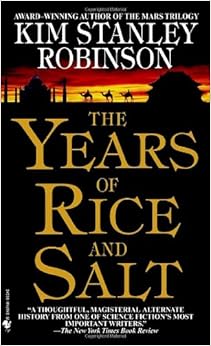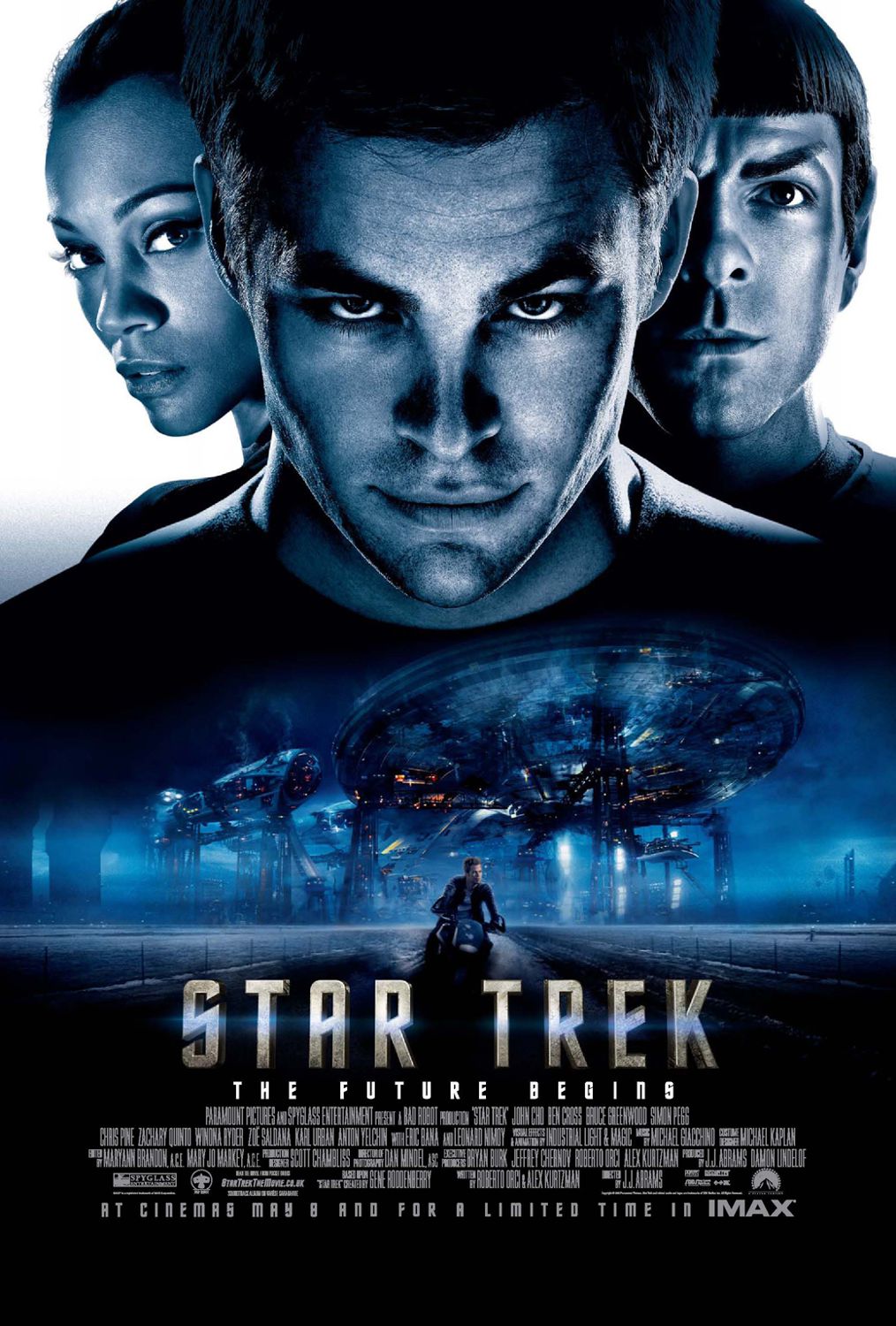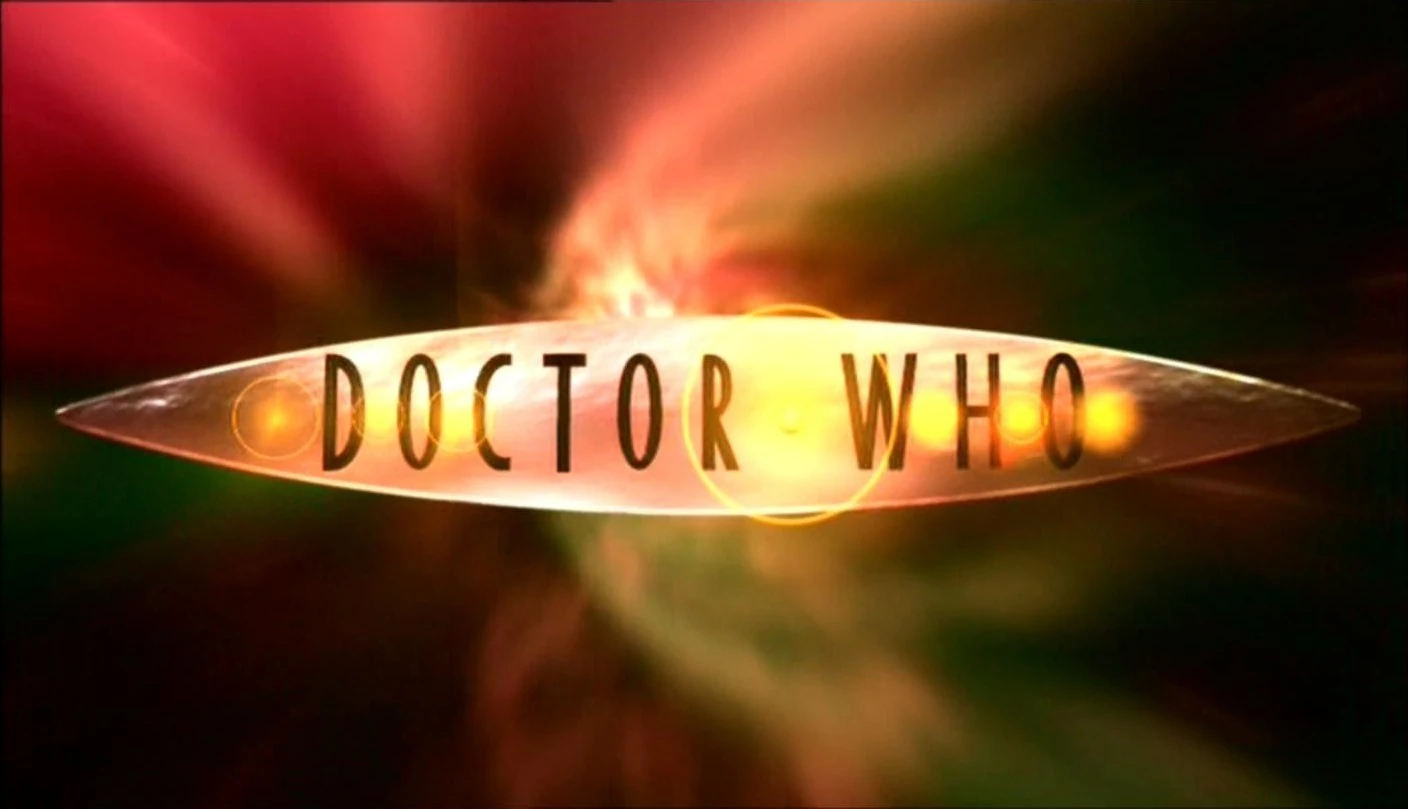
One of the defining features of the first decade of the twenty-first century was globalization. Advances in internet technology allowed detailed information to be sent over long distances instantaneously. In 2002, the euro became the currency of the economically connected European Union.
The new globalization did not necessarily foster peace and universal understanding, however. Tensions continued to increase in the Middle East. The United States was pulled deeper into the conflict after the attack on the World Trade Center towers in 2001.
Science Fiction:
Literature-
In 2000, Ken MacLeod wrote Cosmonaut Keep, which won the Arthur C. Clarke award in 2001, and the Hugo award in 2002. It played on the conflict that had marked the previous half-century, as it featured a rebooted U.S.S.R., which once again grappled against the United States. It also told the story of earth colonists trying to develop trade relations with an interstellar trade union.

The same year, Ursula K. Le Guin published her first follow up novel in The Hainish Cycle since 1974, The Telling. The plot centered on the conflict between native culture and corporate culture.

Many consider Schild’s Ladder, written by Greg Egan and released in 2002, to be the hardest science fiction published to date. It presents a construction in differential geometry as the main science element of the story.

Kim Stanley Robinson presented an alternate history of earth in which the Black Plague had killed 99% of Europe’s population, and postulated the historical ramifications of such a catastrophe in The Years of Rice and Salt, published in 2002.

The first historically focused dictionary on science fiction was published by Oxford University Press in 2007, and entitled Brave New Words.
Young adult fiction became a more and more lucrative genre, with the publication of series such as J.K. Rowling’s Harry Potter saga, and The Hunger Games trilogy by Suzanne Collins. The Hunger Games features a near-future dystopia in which North America is separated into twelve districts, from each of which young people are sent yearly to compete in a battle to the death. The first novel, called The Hunger Games, was published in 2008.
Film-

Minority Report was a 2002 film starring Tom Cruise, and directed by Steven Spielberg. Based on a Philip K. Dick story, it featured individuals with psychic powers who were able to solve crimes before they were committed.

Signs, directed by M. Night Shyamalan, took the terror of invasion explored in stories such as War of The Worlds, and Alfred Hitchcock’s The Birds, and focused in on one disheartened preacher and his family as they struggled to survive an extraterrestrial attack. It came out in 2002.
Star Wars completed its prequel trilogy about the rise and fall of Anakin Skywalker with Attack of the Clones in 2002, and Revenge of the Sith in 2005.

Acclaimed creators of many computer animated family films, Pixar Studios, delved into science fiction in 2008 with Wall-E. The titular robot was left on earth to clean up after the humans, who had over-polluted it, and left the planet on a generation ship.

The Star Trek: The Next Generation films concluded in 2002 with Star Trek: Nemesis. In 2009, J.J. Abrams directed a reboot of Star Trek: The Original Series called simply, Star Trek, which starred a new cast as the crew of the U.S.S. Enterprise in a universe slightly altered from the one fans knew and loved.
Television-

In 2001, Star Trek released its first ever prequel series with Star Trek: Enterprise. It starred Quantum Leap’s Scott Bakula as captain of the first Starfleet ship to set out on a deep space mission, as well as the first Starfleet ship called Enterprise.

Joss Whedon’s Firefly, which focused on the lovable renegade crew of The Serenity premiered in 2002, and was infamously cancelled after one season. Due to a firestorm of fan fury, the crew was given a final outing in the 2005 film Serenity.
Wildly popular survival sci-fi show Lost premiered in 2004. The premise was a philosophical and postmodern look at the survivors of a plane wreck stranded on an island.

The same year, Battlestar Galactica received a darker, more nihilistic update that became an instant favorite within the science fiction community.

Due to the popularity of Stargate: SG-1, a spinoff show was launched in 2004 that focused on a Stargate headquarters in the Pegasus galaxy, which was located in the original city of Atlantis, built by a race known as The Ancients.

After being cancelled in 1989, and creating a television movie in 1996, Doctor Who finally made a comeback in 2009, with a reboot series that picked up where the film had left off. It starred Christopher Eccleston as the ninth incarnation of The Doctor, and Billie Piper as his companion Rose Tyler. The series continues on today, with Peter Capaldi now playing the 12th Doctor.
Keep on glowing in the dark,
Elora
No comments:
Post a Comment